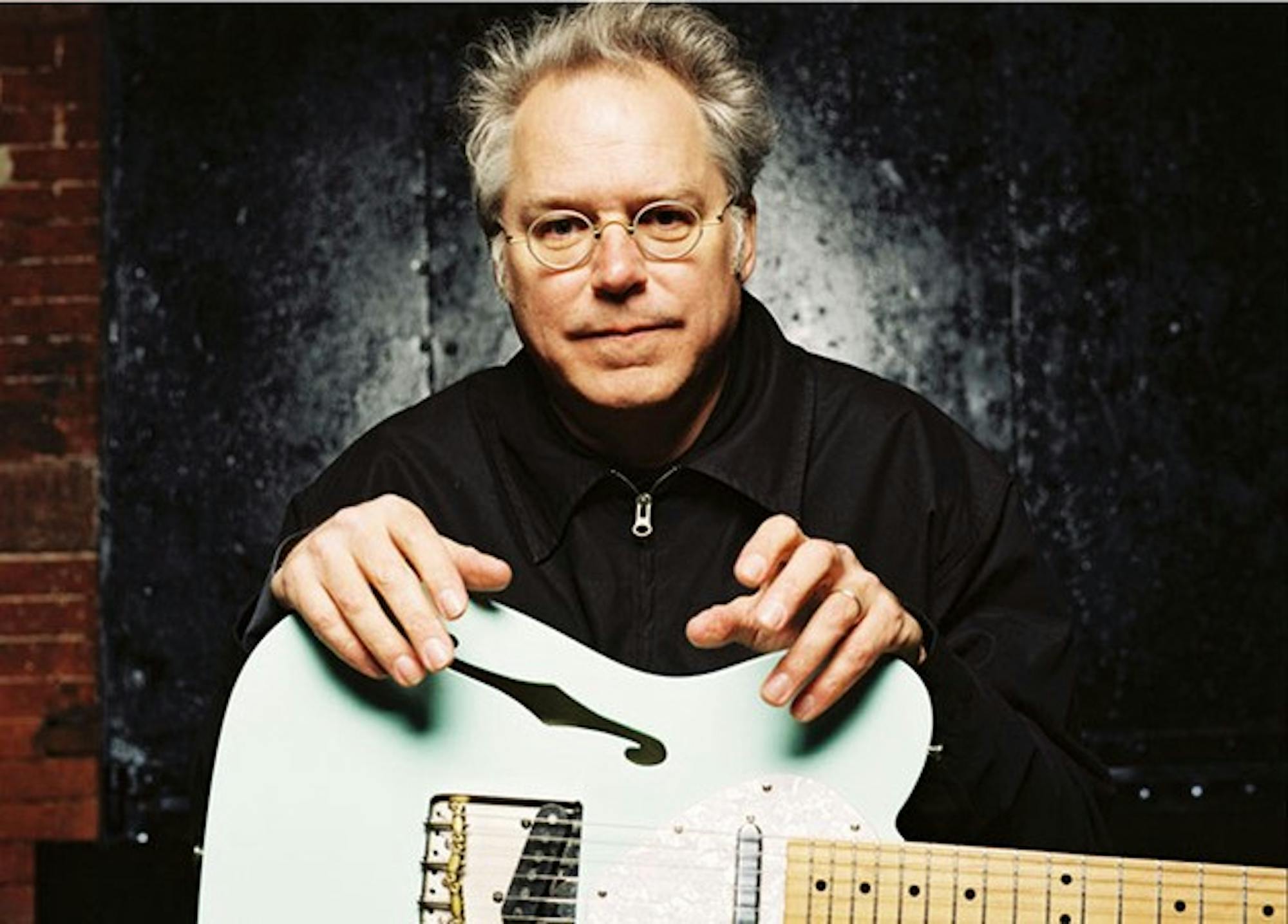This unusual cause and effect is the subject of "The Great Flood" (2011), a collaboration between filmmaker Bill Morrison and musician Bill Frisell. Morrison's film will be screened Thursday at 7 p.m. in Spaulding Auditorium with live accompaniment performed by Frisell and his band.
In the flood's aftermath, the poor sharecroppers whose livelihoods were destroyed moved from the South to the North. Many farmers were musicians, and the evolution of acoustic blues was an outgrowth of the challenges they faced while adapting to their new industrial surroundings. The blues gestated in cities like Detroit, Nashville and Memphis until eventually developing into jazz, rock and R&B.
Morrison drew inspiration from the book "Rising Tide: The Great Mississippi Flood of 1927" by John Barry, although his primary motivation came from the massive impact of Hurricane Katrina and the cultural influence the 1927 flood had on music, he said in an interview with The Dartmouth.
Morrison then pitched the idea to Frisell. Although the pair have known each other for 20 years and have collaborated on many short films, this was the first time the two worked on a project from scratch as a duo. Their aim for "The Great Flood" was to create a project that fuses pictorial history with cultural history.
The film is comprised of a dozen short films. Each film deals with the geographic and cultural aspects of the flood while music composed by Frisell plays live in the background.
Although the flood happened decades ago, Morrison had no trouble finding footage. Unlike other natural disasters, the 1927 flood waters remained for days after the initial event, according to Morrison. This meant that the aftereffects were longer-lasting, offering more opportunities for reporters time to collect video footage of the damage.
"They were attractive as newsreel fodder," he said.
Morrison went to companies like Path and 20th Century Fox to search their newsreel collections for footage of the flood, he said. He also reached out to private collectors with the specific request that the prints be on film so as not to compromise footage quality during any conversion process.
For Frisell, composing the music for the film was a very personal process he had been playing music inspired by the flood for practically his whole life, he said.
"[The flood] had so much to do with the music we know now," Frisell said.
When composing the film's score, Frisell tried to create music that evoked similar emotional reactions to those evoked by the flood.
During a tour of the Mississippi floodplain this spring, Frisell and Morrison found themselves in the midst of another great flood similar to the 1927 flood.
"Being in that part of the country and the river was flooding it had a huge impact on what we felt," Morrison said. "It was also the same time of year, it was just uncanny."
"The Great Flood" premiered in September at the Krannert Center in Urbana, Ill., and Morrison said that the reaction was "very positive." He heaped praise on his colleague, saying the film was "imbibed with life by [Frisell's] music."
In addition to their performance on Thursday, Frisell and Morrison will participate in a discussion on Wednesday to examine the social and economic implications of the 1927 flood.




